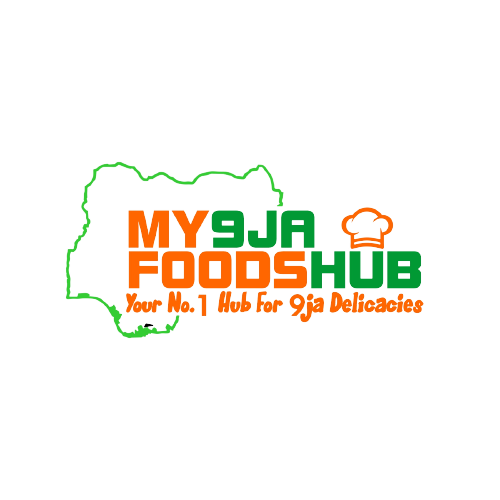Nigerian markets are vibrant, bustling centers of commerce and culture, offering a wide array of goods ranging from fresh produce and spices to clothing and electronics. If you’re looking to experience the essence of Nigerian shopping and discover where to buy affordable items, join us on this virtual tour of some of the most popular markets in Nigeria.
1. Balogun Market, Lagos
Balogun Market, located on Lagos Island, is one of the largest and busiest markets in Nigeria. It’s renowned for its extensive selection of fabrics, clothing, accessories, and shoes.
Highlights:
- Fabrics and Textiles: Find high-quality Ankara, lace, and other traditional fabrics at affordable prices.
- Clothing and Accessories: From ready-made clothes to bespoke tailoring services, this market has it all.
- Bargaining Culture: Don’t be shy to haggle; bargaining is a common practice here and can lead to great deals.
2. Mile 12 Market, Lagos
Mile 12 Market is famous for its fresh produce and is a go-to spot for both local consumers and business owners looking for wholesale prices.
Highlights:
- Fresh Produce: A wide variety of fruits, vegetables, and herbs are available at competitive prices.
- Bulk Buying: Ideal for buying in bulk, which often results in significant savings.
- Spices and Seasonings: Discover an array of local spices essential for authentic Nigerian cooking.
3. Oja Oba Market, Ibadan
Oja Oba Market, also known as the King’s Market, is a traditional market located in the heart of Ibadan, Oyo State. It’s known for its wide variety of goods, including foodstuffs, household items, and traditional crafts.
Highlights:
- Local Crafts: Explore unique handmade items, including pottery, woven baskets, and traditional jewelry.
- Affordable Foodstuffs: Purchase grains, yams, and other staples at lower prices compared to urban supermarkets.
- Cultural Experience: Immerse yourself in the rich Yoruba culture as you shop.
4. Ariaria International Market, Aba
Ariaria International Market, often referred to as the “China of Africa,” is located in Aba, Abia State. It’s a major hub for locally manufactured goods.
Highlights:
- Footwear and Leather Goods: Famous for its high-quality, locally-made shoes, bags, and belts at unbeatable prices.
- Clothing Manufacturing: Find affordable, locally-produced clothing and textiles.
- Entrepreneurial Spirit: Witness the ingenuity and craftsmanship of local entrepreneurs.
5. Zuba Market, Abuja
Zuba Market, situated on the outskirts of Abuja, is a bustling market known for its affordability and variety.
Highlights:
- Affordable Groceries: Purchase fresh fruits, vegetables, and grains at prices lower than city supermarkets.
- Second-Hand Goods: Explore a wide range of second-hand clothing, electronics, and household items.
- Livestock Market: Find affordable livestock, including poultry, goats, and sheep.
Shopping Tips for Nigerian Markets
- Go Early: Arriving early ensures you get the best pick of the items and avoids the peak crowd times.
- Cash is King: Most vendors prefer cash transactions, so carry enough naira to cover your purchases.
- Bargain Smartly: Polite bargaining is expected. Start lower than your target price and negotiate from there.
- Stay Safe: Keep an eye on your belongings and be aware of your surroundings, especially in crowded areas.
Exploring Nigerian markets is a rewarding experience that offers both cultural immersion and great bargains. Whether you’re looking for fresh produce, traditional fabrics, or locally-made crafts, these markets have something for everyone. By shopping at these markets, you not only get affordable items but also support local vendors and artisans, contributing to the local economy.
Next time you plan a shopping trip, consider visiting one of these vibrant markets. Even if you’re far away, we hope this virtual tour has given you a taste of the rich offerings and lively atmosphere of Nigerian markets. Happy shopping!






